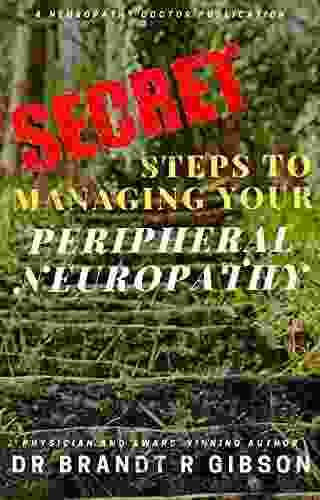Peripheral neuropathy is a condition that affects the nerves that carry messages to and from the brain and spinal cord to the rest of the body. It can cause a wide range of symptoms, including pain, numbness, tingling, and weakness. Peripheral neuropathy can be caused by a variety of factors, including diabetes, chemotherapy, alcoholism, and certain medications.
Home Remedies
- Capsaicin cream. Capsaicin is a compound found in chili peppers that has been shown to reduce pain. It can be applied to the affected area several times a day.
- Warm baths. Soaking in a warm bath can help to relieve pain and stiffness.
- Cold compresses. Applying a cold compress to the affected area can help to reduce inflammation and pain.
- Massage. Massaging the affected area can help to improve circulation and reduce pain.
- Acupuncture. Acupuncture is a traditional Chinese medicine technique that involves inserting thin needles into the skin at specific points on the body. It has been shown to be effective in reducing pain from peripheral neuropathy.
Medications
There are a number of medications that can be used to treat peripheral neuropathy, including:
- Pain relievers. Over-the-counter pain relievers, such as ibuprofen and acetaminophen, can help to reduce pain.
- Antidepressants. Antidepressants, such as amitriptyline and duloxetine, can help to reduce pain and improve mood.
- Anticonvulsants. Anticonvulsants, such as gabapentin and pregabalin, can help to reduce pain and improve nerve function.
- Opioids. Opioids, such as morphine and oxycodone, are powerful pain relievers that should be used only as a last resort.
Lifestyle Changes
- Exercise. Regular exercise can help to improve circulation and reduce pain.
- Eat a healthy diet. Eating a healthy diet that is rich in fruits, vegetables, and whole grains can help to improve overall health and well-being.
- Get enough sleep. Getting enough sleep can help to reduce fatigue and improve mood.
- Manage stress. Stress can worsen peripheral neuropathy symptoms, so it is important to find ways to manage stress.
Exercises
There are a number of exercises that can help to improve symptoms of peripheral neuropathy, including:
- Range-of-motion exercises. Range-of-motion exercises help to keep the joints flexible and prevent stiffness.
- Strengthening exercises. Strengthening exercises help to improve muscle strength and function.
- Balance exercises. Balance exercises help to improve balance and coordination.
- Aerobic exercises. Aerobic exercises help to improve circulation and overall health.
Treatment Options
If home remedies, medications, and lifestyle changes are not effective in managing your peripheral neuropathy symptoms, there are a number of treatment options available, including:
- Physical therapy. Physical therapy can help to improve range of motion, strength, and balance.
- Occupational therapy. Occupational therapy can help you to learn how to perform everyday activities with less pain and discomfort.
- Surgery. Surgery may be necessary to relieve pressure on the nerves.
Peripheral neuropathy can be a challenging condition, but there are a number of things you can do to manage your symptoms and improve your quality of life. By following the tips in this article, you can take control of your peripheral neuropathy and live a full and active life.


























































































